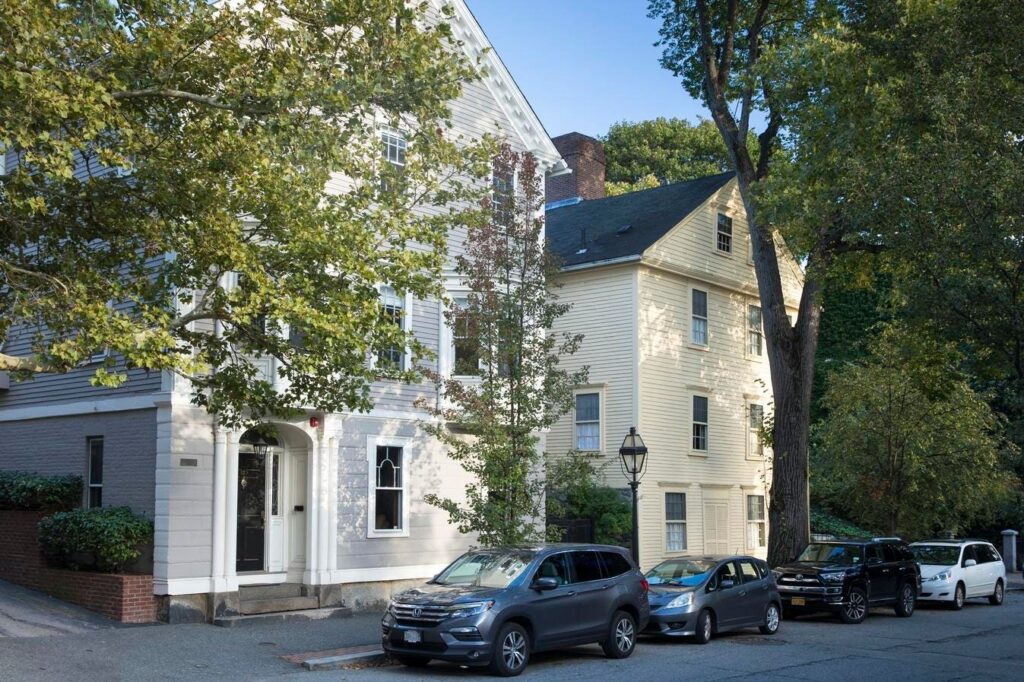Home prices soared in 2021 and 2022, and as a result, the cost of residential real estate is now overinflated by roughly 25% in many parts of the country. Combined with mortgage rates that have doubled, most people would be unable to buy the home they currently live in.
Historically, real estate booms have been followed by corrections that brought prices back in line with local incomes. However, that hasn’t happened with the current boom because, as of yet, there’s been little financial pressure for people to sell their home — and therefore to cut the asking price to do so.
The impact of a hypothetical recession
But bear in mind that the real estate landscape could quickly change if a recession hits. The last bust in prices started in 2008 when foreclosures rose and banks sold off massive numbers of properties to get them off their books. Foreclosures and mortgage delinquency rates right now are close to record lows, but
There is a bit of somewhat positive news: Any impending real estate bust likely won’t be as bad as the last one. First and foremost, there aren’t 5 million sub-prime mortgages to worry about. But it doesn’t take much market force to move prices in either direction. After all, that’s how the most-recent boom started in the first place: A few people were desperate to buy a home during the pandemic, but nobody wanted to sell, so prices went up. We could soon see the reverse scenario: Some people in financial predicaments need to sell their home, but nobody can afford to buy at the current prices and mortgage rates, so home prices will go down.
Real estate markets that will feel the biggest recession crunch
If a recession does hit this year (some economists say it’s already here), which local markets are most vulnerable to a drop in home prices? Those where prices are the most out of line with local income and where the local economy is deteriorating.
Our table shows 15 major U.S. markets that experienced a big real estate boom and where the situation for jobs in the past year is either already negative or headed in that direction.
Grand Rapids, Greensboro, Cleveland, and Milwaukee are all manufacturing hubs; Hartford and Wilmington are financial centers; Detroit, Providence, Worcester, and Pittsburgh have big healthcare industries. Memphis and Riverside/San Bernardino are major transport hubs. These sectors of the economy will be especially affected by a recession, should we experience one.
Tucson is a special case — one which also explains why no Florida markets are on this list. Even though retirement markets are the most overpriced in the country — often inflated by as much as 40% — it’s not clear how much effect a recession will have on prices in these unique markets, which boomed because of surging population growth. Retirees in these markets are much less likely to sell their home and move because they aren’t interested in living anywhere else.
The real estate investor’s outlook
What should investors make of these vulnerable real estate markets? People who need to sell their home due to financial pressures will become renters. Some will move elsewhere, but most will want to stay in the same general area. Once real estate prices start to slide (wait for that to happen), procuring rental properties in these markets will become a good long-term investment.
Read the full article here

